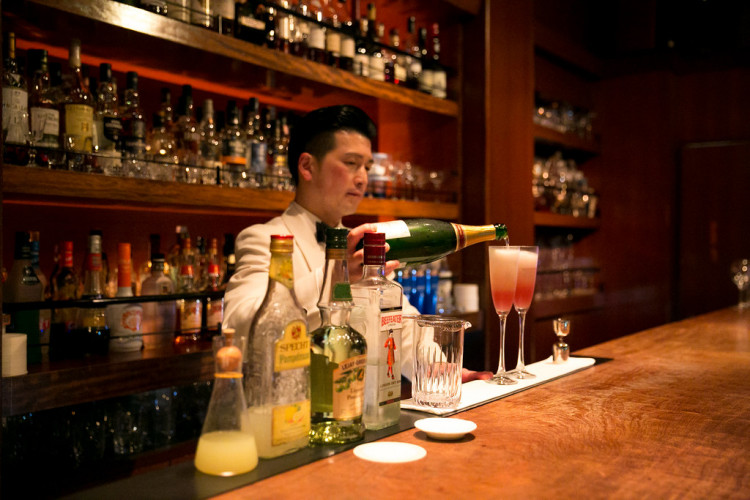Substances that claim to treat or prevent alcohol-induced hangovers only have very poor evidence, according to a recent U.K. systematic review.
This King's College of London study evaluated 21 placebo-controlled randomized trials using hangover remedies, concluding that individual studies were too small to compare to one another and that potential hangover treatments were currently understudied.
"Our study has found that evidence on these hangover remedies is of very low quality and there is a need to provide more rigorous assessment, the study's lead author Dr. Emmert Roberts said.
The way these tests are conducted and evaluated, in particular, has to be improved - for example, using a standardized scale to weigh hangover symptoms rather than relying on self-reporting.
The 21 studies looked at a variety of hangover treatments, such as clove extract, red ginseng, and Korean pear juice - some of which you may have tried at some point.
While hangover symptoms improved in some individuals, the methods utilized to gather and analyze data were not rigorous enough.
None of the alleged treatments were examined in more than one trial, and none of the purported outcomes have been independently duplicated thereafter. Another issue was sampling, with eight research involving only male participants.
The researchers also noted significant disparities in the amount of alcohol drunk throughout previous trials, as well as variances in contributing factors such as the amount of food eaten beforehand. In addition, improvements in all of these areas may suggest which hangover remedies are genuinely effective.
According to this review, clove extract, tolfenamic acid (a migraine medicine), and vitamin B6-analog pyritinol show the most potential as hangover treatments, although the evidence isn't yet strong enough to prove their usefulness.
Given our species' love of alcohol, it's maybe unsurprising that there's so much interest in the possibilities of hangover treatments and even hangover-busting gadgets that claim to instantly reverse the effects of one or two too many drinks.
However, it's vital to remember that binge drinking can have long-term consequences that extend beyond a bad hangover the next morning, all the way down to our basic cognitive functions. Perhaps it's best if the hangover serves as a cautionary note.
"Hangover symptoms can cause significant distress and affect people's employment and academic performance," Dr. Roberts said.
The best way to prevent hangover symptoms, according to Dr. Roberts, is to "abstain from alcohol or drink in moderation."
The research has been published in Addiction.






